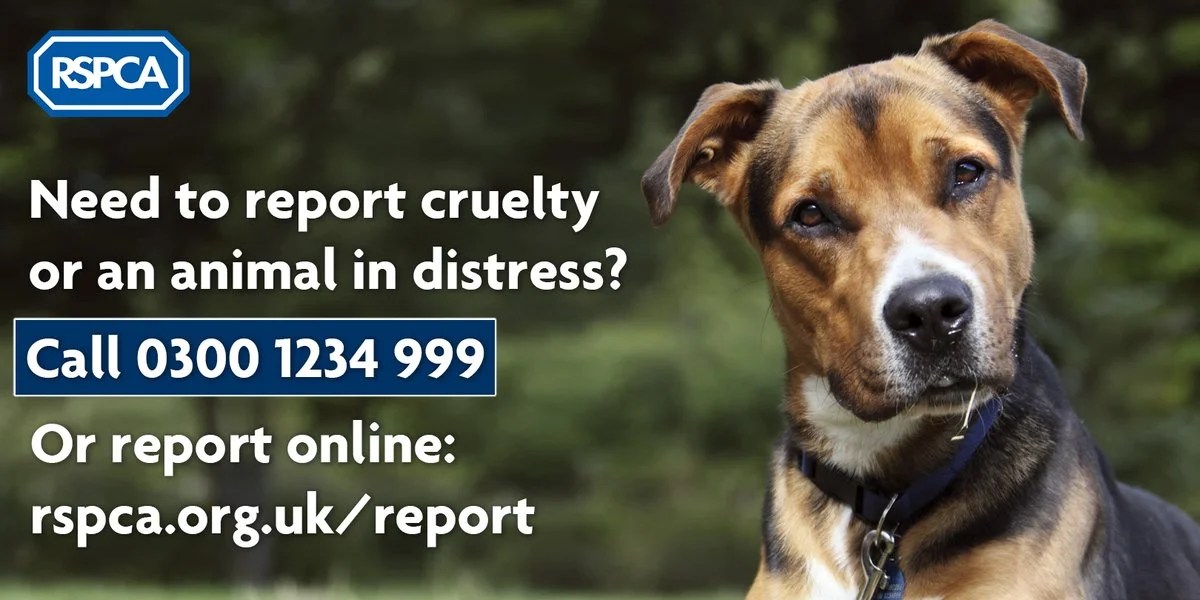As dawn breaks over the tranquil hills of Wales, a silent battle rages in the shadows—one that often goes unnoticed by the unobservant eye. This battle is fought not with swords or shields but with compassion and a resounding call to action. In this realm of quiet suffering, animals endure torments that seem plucked from the pages of a dark fable. Yet, in this tale of sorrow, the RSPCA stands as a beacon, a lighthouse guiding lost souls toward safety. Understanding how to report animals in distress is not merely a civic duty; it is a moral imperative that illuminates the path from despair to hope.
In the United Kingdom, and more specifically in Wales, reporting animal cruelty is an act of courage and empathy. The RSPCA (Royal Society for the Prevention of Cruelty to Animals) is the principal organization dedicated to alleviating animal suffering. They are the vigilant custodians of animal welfare, equipped to combat the gruesome plight that many creatures face, whether they are domestic pets or wild animals caught in the snares of human indifference.
To embark on this noble quest of reporting animal cruelty, one must first recognize the signs of distress. Much like a skilled detective piecing together a puzzle, be observant of the clues that signal cruelty. Signs may include visible injuries such as cuts or abrasions, an emaciated body—where ribs protrude like the ribcage of a long-forgotten shipwreck—or an animal displaying extreme fear or aggression. Often, these harbingers of distress are coupled with neglectful living conditions: filthy environments, lack of food or water, and a conspicuous absence of care.
Once one has discerned the subtle—and sometimes glaring—indicators of animal cruelty, the next step is to prepare for reporting. This involves gathering as much information as possible about the situation. Like a historian chronicling a significant event, document everything. Note the specific location, observe the type and condition of the animal, and if feasible, record the date and time of your observations. Photographic evidence can also serve as powerful testimony, creating a visual narrative that is durable and compelling.
When you are ready to take your observations to a higher authority, reaching out to the RSPCA is a vital step. The organization can be contacted through multiple channels, ensuring that help is just a phone call or an email away. For immediate reporting, dial 0300 123 4999, where trained professionals will be standing by, ready to assist. Alternatively, for those who prefer the quiet ethereality of the digital world, online reporting forms can be submitted through the RSPCA’s website. This method allows for anonymity, providing a protective shield for those who may fear retribution for speaking out.
In their commitment to uphold animal rights, the RSPCA operates on principles that advocate comprehensive investigation and intervention. When a report is made, an inspector or officer will assess the situation with the keen discernment of a surgeon. They will evaluate the evidence presented, investigate the claims, and take necessary actions, which may involve rescuing the animal or launching a formal inquiry into the circumstances surrounding the alleged cruelty.
It is essential to understand that while the RSPCA wields significant power to intervene, they operate under strict regulations and cannot always take immediate action for every report. Not every case results in rescue; some instances may require a more nuanced approach, focusing on education and raising awareness about responsible pet ownership. However, every report contributes to a cumulative effect—a growing momentum toward ending cruelty and fostering compassion.
Reporting animal cruelty is not just about stopping the abuse; it also serves to propagate a culture of awareness in our communities. It heralds a clarion call for change, encouraging individuals to confront the prevalent indifference toward the plight of animals. Each report is a stitch in the fabric of a fortifying community, weaving a tapestry that binds together concerned citizens committed to making a difference.
Beyond reporting, individuals can contribute to the cause by engaging in advocacy, donating resources, or volunteering their time with local animal shelters and welfare organizations. Spreading awareness through social media and local events can further enhance public understanding of animal rights issues, making it a communal effort that ripples beyond the individual.
In the end, each one of us has a role to play in the narrative of animal welfare. Reporting animal cruelty is the critical first step in rewriting a story that all too often moves toward tragedy. It enables ordinary people to become extraordinary heroes in the lives of the voiceless. So, let us stand together, united in our resolve, vigilant in our observations, and courageous in our actions to combat cruelty. With each report made, we fortify the bridge from apathy to action, ensuring that no animal endures suffering in silence. As activists, advocates, and allies, we can herald a new chapter—a sequel where justice and compassion reign, where every creature can bask in the warmth of kindness and care.








